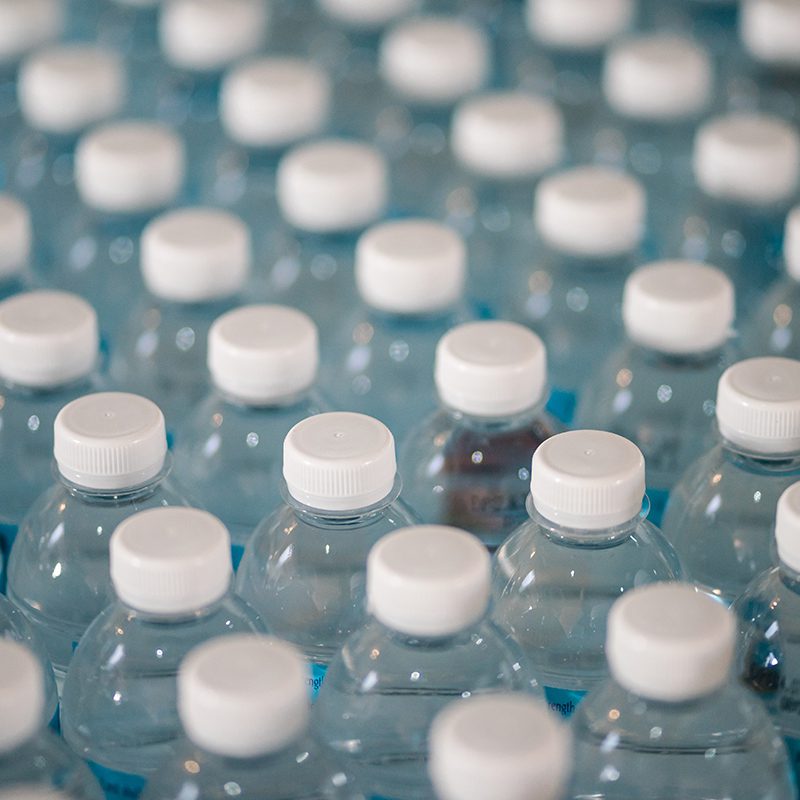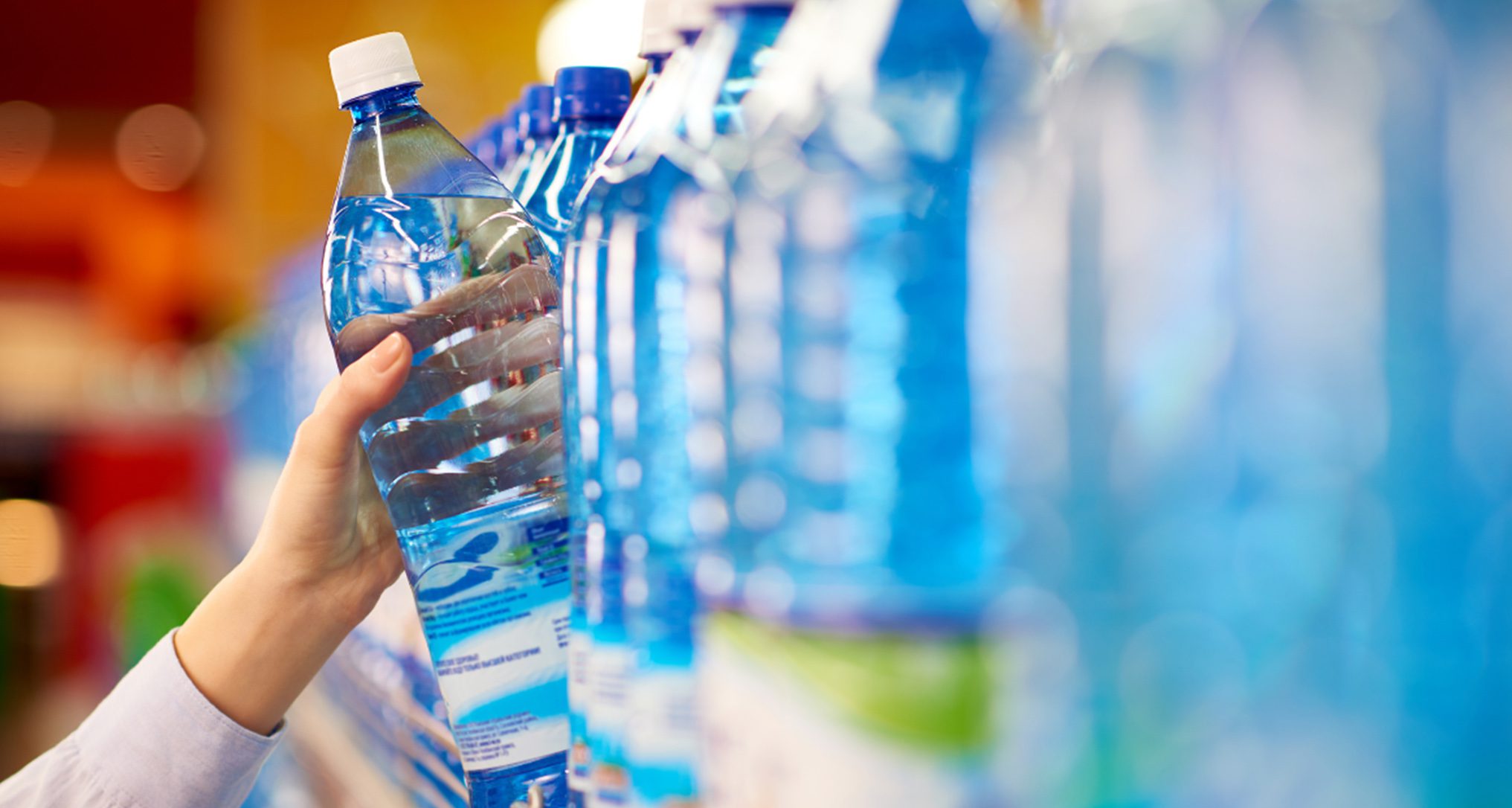As the thirst for bottled mineral water increases, so does the negative impact on the environment. Plastic pollution and production continue to harm our environment, including our wildlife and drinking water sources. Furthermore, plastic bottles have a dramatic effect on certain industries, many of which you may not even think about. But, together, with Bottleless Nation, we can push for less plastic in circulation, help keep our environment clean, and help other industries thrive.

Environmental Impacts of Plastic Bottles
Are you aware of the impacts that bottled water has on our natural resources? From the creation of plastic bottles to the transportation of water, carbon emissions are heightened drastically. Transporting bottled water produces over 2.5 million tons of carbon dioxide per year.
Furthermore, the production of bottled water requires a significant amount of fossil fuels, contributing to global warming and pollution. It takes more than 17 million barrels of oil to manufacture enough plastic bottles to meet America’s demand for bottled water. Unfortunately, a large percentage of these bottles end up in landfills or litter our streets, contributing to environmental issues.
In Production
Most people are aware that bottled water comes in plastic bottles, but not everyone realizes that the majority of these containers are made from PET plastic, which is derived from crude oil. From production, the bottled water industry can consume an alarming amount of water. It takes up to three liters of water to produce just one liter of bottled water.
Additionally, industrial facilities, including the bottling facility, are utilized in the production of bottled water. This information is important to consider when weighing the environmental impact of bottled water usage.
In Transportation
Transportation of bottled water around the world is not as eco-friendly as one might think. Despite its popularity, the bottled water business burns barrels of oil in transportation alone.
Gallons of water are being shipped across the globe but at the cost of GHG emissions all over.
In Landfills and Litter Streams
Plastic bottles are one of the most common items found in landfill and litter streams. It’s often forgotten that these bottles are recyclable, but unfortunately, many of them don’t make it to the recycling centers. Instead, they take up to 1000 years to break down in the landfill.
When these bottles end up in the sea, they break up into small pieces, causing significant harm to marine life that mistakes them for food and causes them various health issues.
The Cost Itself
Did you know that over 90% of the cost of a water bottle can be traced back to the bottle, lid, and label? While a bottled water company makes millions of dollars from selling bottled water, switching to tap water can save you all that money. In addition to being a cost-effective alternative, tap water is also just as safe to drink as bottled water, making it a smart and sustainable choice for our everyday hydration needs.
Industries Impacted By Bottled Water
The sale and use of commercial water bottling have often been a hot topic of discussion in recent times. The negative impact of bottled water on human health is evident now more than ever. However, its impact on different industries is also worrisome.
Here are five industries affected by bottled water:
Marine Conservation
Marine conservation is critical for the health of our oceans, yet excessive plastic pollution has made it difficult to keep oceans clean. As a result, large garbage patches form, marine creatures ingest plastic, and coral reefs and other habitats die because of the pollution. Not only does this affect native wildlife, but it also affects conservation efforts.
Fishery
The fishery industry is now facing a huge crisis because of the prevalence of waste from plastic bottles. Elevated levels of contaminants in oceans, streams rivers, caused by the disposal of plastic bottles, are taking a severe toll on aquatic life. Also, bottled water companies rely on huge amounts of water to produce the bottles leading to an overwhelming amount of resources being taken from nature.
Environmental Protection
The bottled water industry has a significant impact on environmental protection, particularly in times of natural disaster. When natural disasters occur, bottled water companies play a crucial role in providing drinking water to affected communities. However, their use of single-use plastics contributes to the already severe plastic pollution problem.
Furthermore, the industry’s high consumption of energy and water resources generates a considerable amount of greenhouse gas emissions, leading to environmental degradation. Governments need to implement and enforce environmental policies to hold bottled water companies accountable for their contribution to the degradation of our planet.
Waste Management
Waste Management is one of the most pressing environmental issues of our time, and the bottled water industry is heavily impacting it. The carbon footprint created by the production, transportation, and disposal of plastic bottles is enormous. Heavy users of bottled water, such as restaurants and hotels, contribute significantly to the plastic pollution crisis, often failing to properly recycle or dispose of their used bottles.
The Oil Industry
The production of plastic bottles uses a considerable amount of oil. According to some estimates, the US uses 17 million barrels of oil each year just to keep up with the demand for plastic bottles needed by Americans. Not only does that affect the oil industry, but it also affects your wallet. Because of this use of oil, plastic production continues to be a big contributor to global warming and climate change around the world.
Ditch Plastic with Bottleless Nation
Is your company ready to spread the word about plastic or make the switch to ditching plastic? Then contact Bottleless Nation to learn how you can become part of the solution and not the problem.
Our focus is to help build businesses with heart, health, and impact, and it starts at the local levels! You know your consumers and your communities the best, so we need your help in spreading the word about becoming a Bottleless Nation. To learn more about joining the charge for ditching plastic and joining Bottleless Nation, contact us today!
Photo by Jonathan Chng on Unsplash


